SEO Tools are a very interesting aspect of search engine optimization, as they tend to be very useful and completely enhance the experience of carrying out such a technique. However, there lies a plethora of resources when it comes to SEO tools on the Internet.
It may seem overwhelming to comprehend the large amount of SEO tools out there whenever you search for them on the internet. There are lists that go up to 50, 60, even 100 tools! However, we have narrowed it down to the most crucial tools that we think a beginner should delve into when first starting out with SEO.
To make life simple and easier for the busy entrepreneur, we will list the best SEO tools for you to utilize- from the expensive to the cheapest, or even free. Let us get started.
Table of Contents
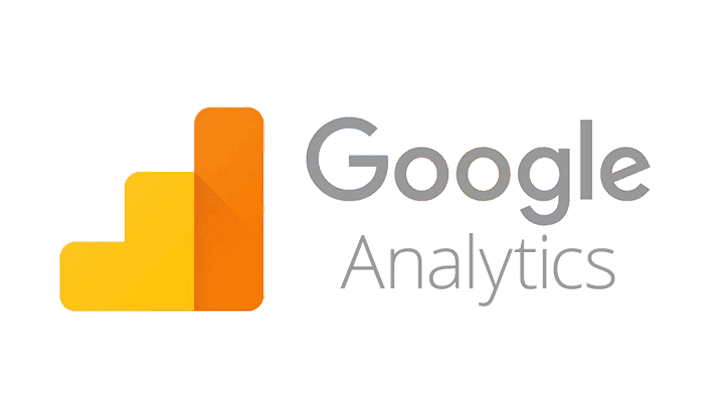
Google has a monopoly on all things search engine optimization related and hence, they have created content tailored towards SEO for entrepreneurs. The services available are:
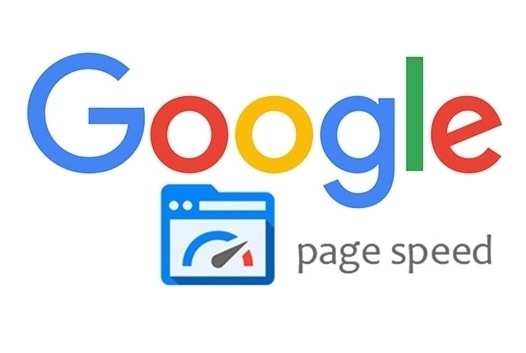
Another service from the Google franchise, this service is also free and is readily available for SEO usage. It largely deals with tracking the efforts of SEO content, so if you need a metric to gauge if your optimization methods are working, this is surely the tool to use. It includes:
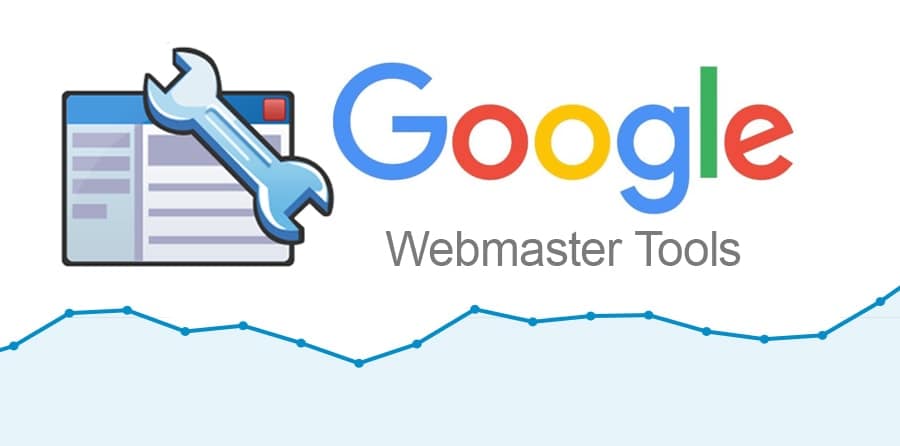
Not only does Google have the capacity to index your website, it also has some solid analytics tools. This enveloped through the form of webmaster tools, that can directly detect your webpage in real time with never-ending web analysis and alerts. It incorporates:
Google tracks the hottest keywords that may cloud around a certain topic/industry over a given time by analyzing the most search queries that they get. Common keywords are then, extracted from the search queries to get a total scope of it. This can be functional in SEO (especially in keyword research) as it can
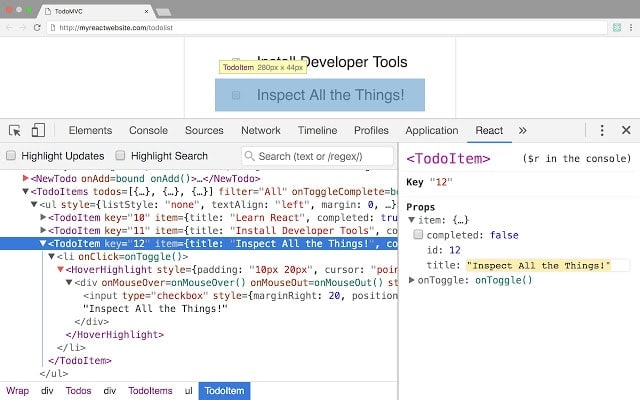
Chrome developer tools is a free, functional tool that allows you to debug your website in the case that you need to examine the code of your website to tamper with it in order to make your website more user-friendly. The various functions of these tools include:

Browseo is a tool that allows you to view your own webpage the way that search engines would view it while trying to break it down into simple queries for their web crawlers to organize and index through. According to its site, it will also highlight parts of your website that can be improved or more optimized to be SEO friendly. This can help as it will
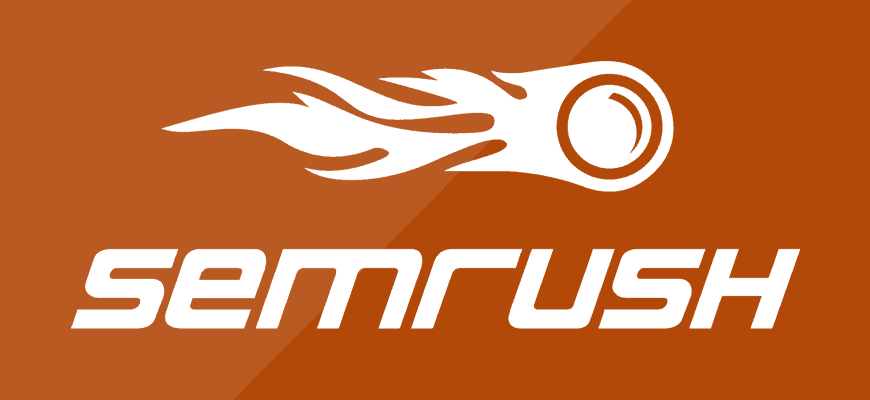
SEMRush is an all-in-one marketing toolkit. By that, it has the capabilities of all the basics of SEO- but this tool focuses more on off-page search engine optimization by comparing your website to other websites in the same industry and niche that you intend to craft your website based on. This will help to

Google Data Studio is a very abstract tool to begin with when it comes to utilizing it for search engine optimization, however, it does have some hidden gems that you can use in your marketing strategy plan. This studio has data that can cross-link from the Google Search Console, that can allow you to theoretically gauge search indexing results as well as getting insights from further search engine optimization inferences. This tool is very helpful to teach you to
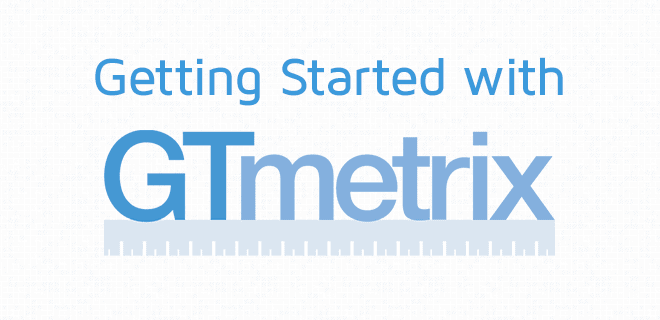
GTMetrix is undoubtedly a superior tool when it comes to optimizing your website’s loading speed. Often, we blame the low traffic on our websites on the server that we use- be it WordPress, Wix or GoDaddy. However, this tool broadens our horizons and ensures that we can take control of website speed for SEO purposes by
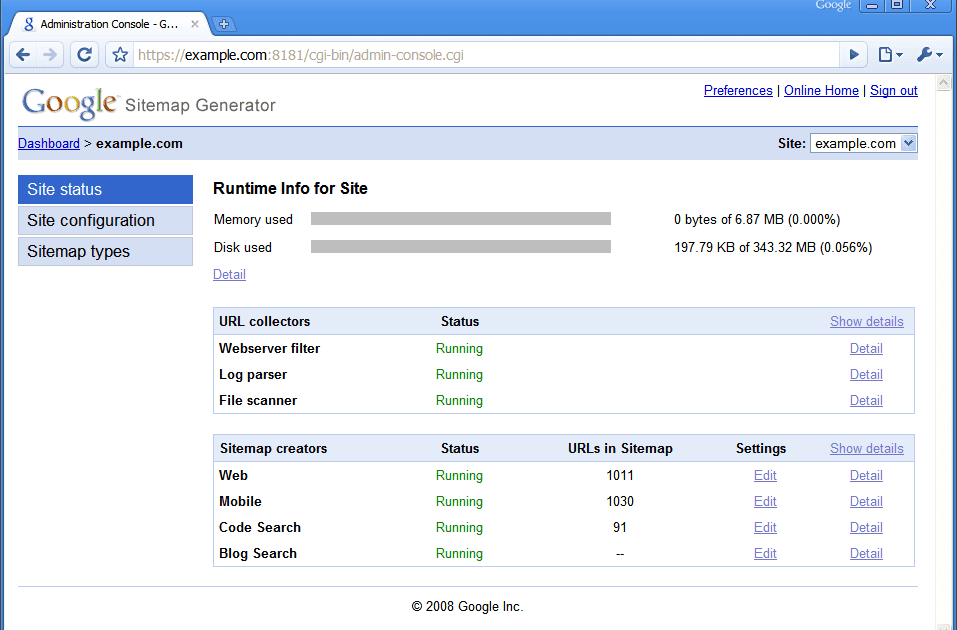
Once again, the various tools that Google provides to the search engine optimization industry as a search engine giant itself is generous. Another one from the Google franchise, this tool automatically garners sitemaps for web crawlers to do secondary search indexing, and eliminates older/outdated sitemaps for your website as well. This can ensure that
Copyscape is a free-of-charge tool that enables you to do plagiarism checking against other websites in your niche. This will ensure that the content on your website is unique to your brand, and can stand against Google’s web crawler indexing as its own merit. This will be useful for search engine optimization as it
Xenu’s link sleuth is a website moderating tool in the form of a program. It can scan websites for broken hyperlinks as well as boosts your website in search indexing rankings. As simple as it sounds, this can aid in your search engine optimization marketing strategy by

Google Alert is also another simple tool that can optimize search engine optimization techniques by making you also aware of the trends behind your marketable keywords. This website works by you adding a ‘keyword’ or two, and then it sends you alerts to your email account to notify you of spikes in the trend graphs of these keywords.
That is all that we have for the beginner’s list of SEO tools! An intermediate’s list to SEO tools will also be coming shortly, to compliment this series.